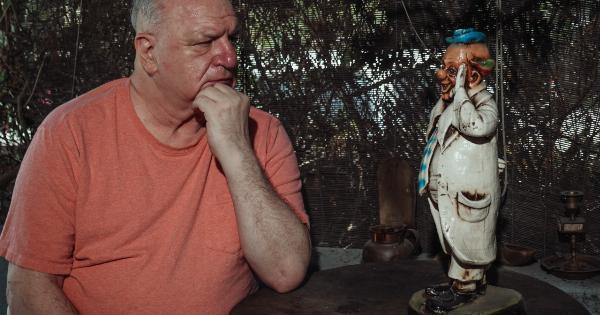While the thought of cancer can be daunting, we are fortunate to live in a time when technology offers us a variety of tools to help us fight it.
Among these tools is the virtual world, where real-time experiences allow gamers and researchers to create, play, and learn about cancer in ways that were unimaginable just a few short years ago.
What is the virtual world?
The virtual world is an online environment that allows people to interact with each other, using their personal computers to create avatars and explore imaginary landscapes.
Virtual worlds offer a variety of activities, such as games, virtual museums, and even business networking, and allow for real-time collaboration between players who are thousands of miles apart.
Playing games for a good cause
One way that virtual worlds are being used to help fight cancer is through the creation of “serious games.” Serious games are games that are designed with a specific purpose beyond entertainment.
In the case of cancer research, serious games can be used to educate people about the disease, to raise awareness and funds for cancer research, and to provide patients with the support they need to manage their illness.
Examples of serious cancer games include Eterna, a game that allows players to design RNA molecules with specific functions, and Foldit, a game that challenges players to predict the structure of proteins.
Both of these games are being studied by cancer researchers to see if the unique insights and creativity of gamers can be used to solve complex scientific problems.
Building immersive virtual worlds
In addition to serious games, virtual worlds are also being used to build immersive environments that allow patients, caregivers, and doctors to connect and learn.
For example, the Cancer Center of America has created a virtual reality simulation that allows patients to explore their cancer cells in 3D, providing a new level of understanding for a disease that can be difficult to comprehend.
Similarly, the Virtual Worlds Research Group, a collaboration between the University of Twente and the University of California, is developing virtual worlds that allow cancer patients and survivors to share their experiences with others and build a sense of community.
Building a community of support
The community-building aspect of virtual worlds is proving to be particularly valuable for people with cancer.
Because of the isolation that can come with illness, virtual communities offer patients the opportunity to connect with others who are going through similar experiences and who understand what they are going through.
Cancer Care, Inc., a non-profit organization that provides support to cancer patients and survivors, hosts a virtual support group through Second Life, an online virtual world.
The group meets weekly, giving members the opportunity to share their stories, offer support to one another, and build lasting friendships.
Conclusion
As we continue to discover new ways to fight cancer, virtual worlds are proving to be a valuable tool in the fight.
Whether through serious games or immersive environments, these virtual tools are providing patients, caregivers, and researchers with new insights and new connections that can make a positive difference in the fight against cancer.


























